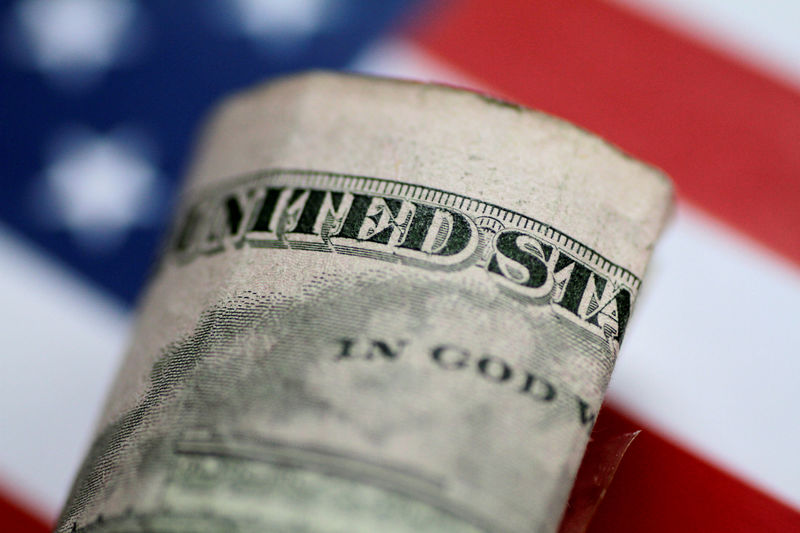
The firm’s preferred valuation metrics indicate the dollar is approximately 2.5% overvalued against the Federal Reserve’s narrow Trade-Weighted Index (TWI) and about 5.5% overvalued in the Dollar Index (DXY). This contrasts with the 20-25% overvaluation suggested by PPP models.
UBS’s assessment suggests that the strong performance of the dollar may continue, as the case for an imminent return to what is considered fair value is not as compelling. The firm’s adjusted PPP estimate for EUR/USD has decreased to around 1.12, notably lower than the unadjusted Organisation for Economic Co-operation and Development (OECD) value of 1.50 and the pre-COVID model reading of 1.22.
The report notes that the euro has faced significant challenges, including a negative terms of trade (ToT) shock and underperformance in growth compared to the US. These factors have contributed to the lower valuation, with UBS suggesting that 1.12 could be a more realistic medium-term target for EUR/USD in scenarios where Europe’s economic conditions significantly improve.
Similarly, the Japanese yen’s valuation has been affected by ToT, although it has not faced as much of a growth headwind as the euro. The adjusted PPP for USD/JPY stands at approximately 122, which is above the PPP of around 95.0. This suggests that the yen is about 25% undervalued relative to the current spot rate. UBS points out that factors such as interest rate differentials, not accounted for in the model, likely explain much of this undervaluation.
UBS forecasts that the yen’s undervaluation against the dollar may persist in the near term, as a significant narrowing of the dollar’s yield advantage appears unlikely at present. This aligns with the bank’s updated foreign exchange forecasts, which imply that the current valuation disparities could continue for the time being.
Recent data from InvestingPro shows that the US dollar, as measured by the Dollar Index (DXY), has been experiencing fluctuations in its valuation over various time frames. The one-week price total return as of Day 109 in 2024 stands at a modest 0.58%, indicating a slight increase in the value of the dollar. Looking at a broader timeframe, the year-to-date (YTD) price total return shows a more significant increase of 4.45%, suggesting a stronger performance of the dollar since the beginning of the year.
Interestingly, the six-month price total return shows a minor decline of 0.63%, which could indicate some short-term pressures or corrections after previous gains. However, when expanding the view to a one-year horizon, the dollar’s resilience is evident with a total return of 4.07%. The price of the DXY at the previous close was 105.95 USD, reflecting the current strength of the dollar.
An InvestingPro Tip notes that traders should consider both short-term and long-term trends when assessing currency strength, as different time frames can reveal varying market sentiments and potential turning points. For those looking to delve deeper into currency analysis, InvestingPro offers an additional 15 tips that provide insights into trading strategies and market trends.
Investors and traders interested in gaining a more comprehensive understanding of currency valuations and market dynamics can take advantage of a special offer: use the coupon code PRONEWS24 to get an additional 10% off a yearly or biyearly Pro and Pro+ subscription, where they can access these valuable InvestingPro Tips and data metrics to inform their investment decisions.
This article was generated with the support of AI and reviewed by an editor. For more information see our T&C.
To read the full article, Click Here
